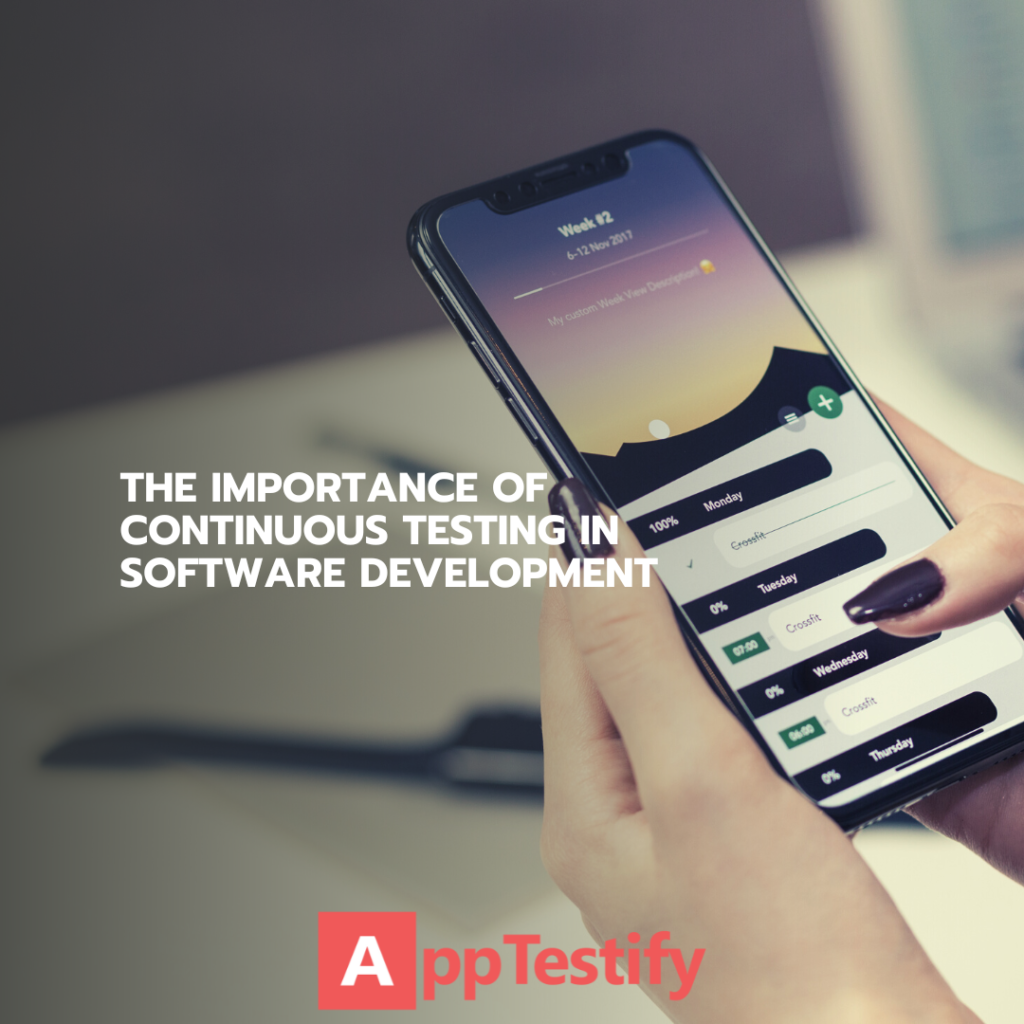Test automation has become an essential part of the software development process, especially in the world of mobile app development. Appium is one of the most widely used test automation frameworks for mobile apps. Appium allows you to write test cases in a variety of programming languages and supports both Android and iOS platforms.
In this blog post, We will discuss some of the best practices to follow when using Appium for mobile app test automation.
- Identify the right set of test cases: The first step in Appium test automation is to identify the right set of test cases. You should focus on test cases that are most critical to the application’s functionality and have the highest business impact. Additionally, you should identify test cases that are easy to automate and maintain.
- Use a Page Object Model (POM): The Page Object Model (POM) is a design pattern that helps you create a cleaner and more maintainable codebase for your test automation scripts. In POM, you create a separate class for each page or screen of the application, which contains all the elements and methods related to that page. By following POM, you can easily maintain and update your test scripts.
- Use explicit waits: When automating test cases, you need to ensure that your script waits for the expected page elements to appear before performing an action. Appium provides explicit wait commands that help you achieve this. By using explicit waits, you can prevent your test scripts from failing due to unexpected timing issues.
- Use data-driven testing: Data-driven testing is a practice that involves using different sets of data to run the same test case. This helps you identify edge cases and potential issues that may not have been identified otherwise. By using data-driven testing, you can also reduce the number of test cases you need to write and maintain.
- Use source control: Source control is a practice that involves using version control systems like Git to manage and track changes to your test automation scripts. By using source control, you can easily collaborate with other team members, track changes, and rollback to previous versions if needed.
- Use parallel execution: Parallel execution involves running multiple test cases simultaneously. This helps you save time and speed up your testing process. Appium allows you to run test cases in parallel using tools like Selenium Grid or Appium Parallel Test.
- Use a cloud-based testing platform: A cloud-based testing platform like Sauce Labs or BrowserStack allows you to run your Appium test cases on real devices in the cloud. By using a cloud-based testing platform, you can save time, reduce the cost of maintaining physical devices, and test your application on a wide range of devices.
- Use reporting tools: Reporting tools like Allure, TestNG, or Extent Reports provide detailed reports on the test execution status, test case failures, and other metrics. By using reporting tools, you can easily track the progress of your test automation, identify issues, and share reports with other team members.
In conclusion, Appium is a powerful tool for mobile app test automation, but it requires a good understanding of the best practices to get the most out of it. By following the above best practices, you can ensure that your Appium test automation scripts are reliable, maintainable, and deliver high-quality results.







